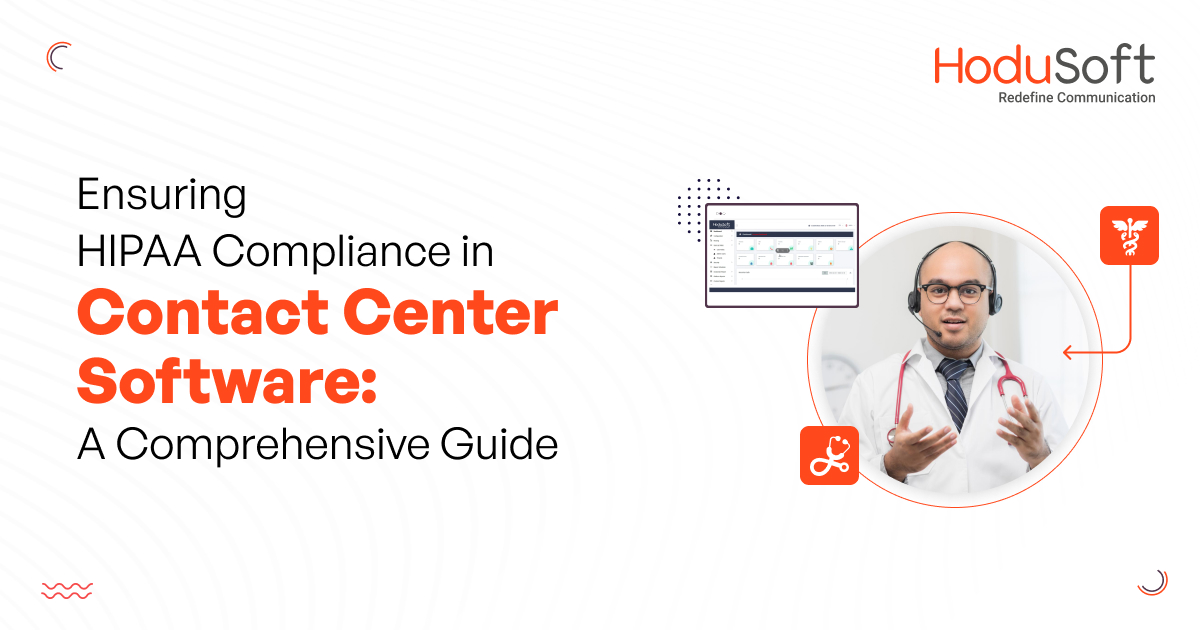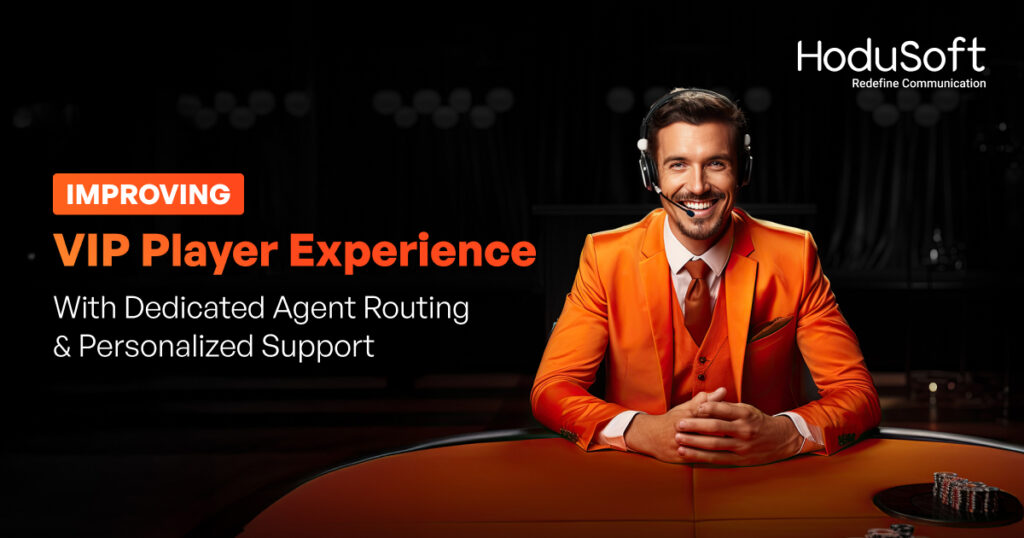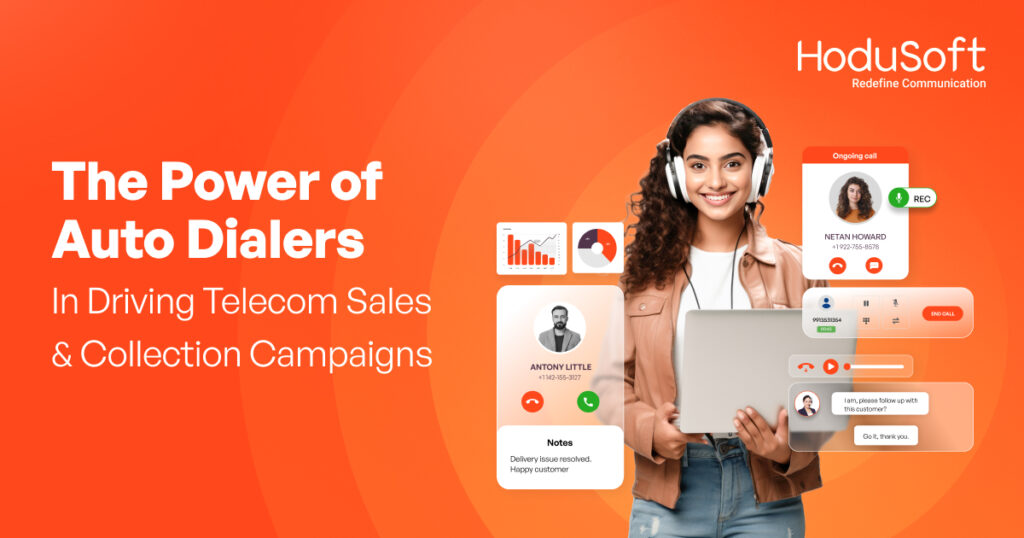Ensuring HIPAA Compliance in Contact Center Software: A Comprehensive Guide
In today’s digitally-driven world, customer support is increasingly dependent on digital technologies. According to a report, about 59% of customers expect companies to deliver advanced digital experiences to keep their business. To keep up with customer’s expectations, contact center software plays an important role in helping businesses communicate with their clients efficiently.
However, if you belong to industries such as healthcare that deal with sensitive or confidential patient information, then strict regulations like the Health Insurance Portability and Accountability Act (HIPAA) must be followed.
In this comprehensive guide, we will explore how businesses can meet regulatory standards while providing exceptional customer service by understanding the intricacies of HIPAA compliance concerning contact center software. So, let’s get started.
What Do You Understand by HIPAA Compliance: What It Is and What Does It Do?
What is HIPAA Compliance?
HIPAA, the short form of Health Insurance Portability and Accountability Act was passed in the year 1996 in the United States. This federal law requires the creation of national standards to safeguard the data privacy and security of medical information. It protects sensitive patient data from being disclosed without the patient’s permission or knowledge. .
The HIPAA Act came into existence in response to ransomware attacks and cyberattacks on healthcare providers and insurers. You might be surprised to know that healthcare accounts for 79% of all reported breaches. Cyberattacks such as phishing and ransomware, as well as human error, such as sending an email to the wrong individual, are the top causes of healthcare data breaches.
According to a report, as of April 2023, Business associates reported 13 incidents affecting 4,077,019 patients, representing 92.2% of the total number of patients affected.
Under HIPAA compliance, professionals in the healthcare sector usually have to follow Privacy Rule, Security Rule, and Breach Notification Rule. Privacy rules are established to protect patients’ medical records, together with other PHI.
Security rule is established to safeguard individuals’ electronic personal health information (ePHI) which is formed, received, used, or retained by a covered entity, and breach notification rule is created to let covered entities and business associates provide notification following a breach of unsecured PHI.
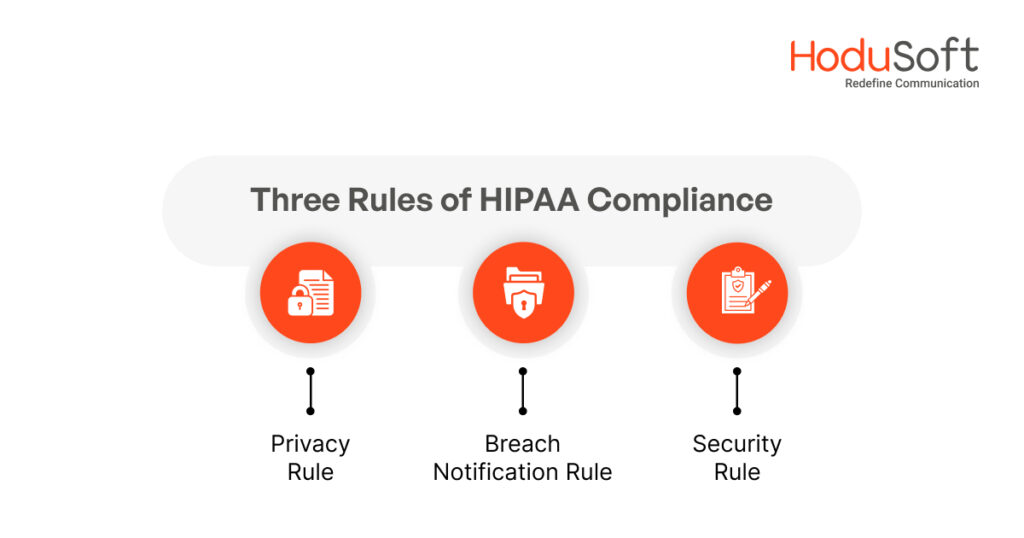
As mentioned above, HIPAA helps in protecting patient’s medical records and other personal details, it ensures-
- Complete security of patients’ information by allowing them to have more control over their health information.
- Strict civil and criminal penalties for violators if they violate patients’ privacy rights.
- Limits on the usage and release of health records.
- Confidential handling of health information while imposing HIPAA violation penalties to facilitate compliance
An Understanding of HIPAA Compliance for Contact Centers
Every contact center that provides answering services or call forwarding services for healthcare companies must comply with HIPAA. If your call or contact center caters to the healthcare industry, then you must be aware of all the rules related to the HIPAA Act.
It includes complying with security and breach notification rules and privacy rules associated with the usage and disclosure of information.
As per the Omnibus Rule of HIPAA, all the service providers processing, storing, or transmitting Electronic protected health information (ePHI) directly or on behalf of a healthcare organization are directly accountable for any data breaches that result from non-compliance with the Privacy and Security Rules.
In simple words, call centers or contact centers must communicate ePHI in compliance with HIPAA security rules. If not, then healthcare organizations cannot use their services.
Any ePHI data that a call center or contact center is sharing over a recorded phone call, forwarded email chain, or text message, must be handled securely.
PHI or Protected health information usually consists of both physical and mental health-related data such as-
- Name, address, social security ID, and other identifiable health information
- Medical History
- Demographic details
- Healthcare services information
- Insurance data
- Test results
How Does HIPAA Compliance for Contact Centers Work?
HIPAA compliance for contact centers is important for ensuring the security of sensitive healthcare information. It generally works as follows:
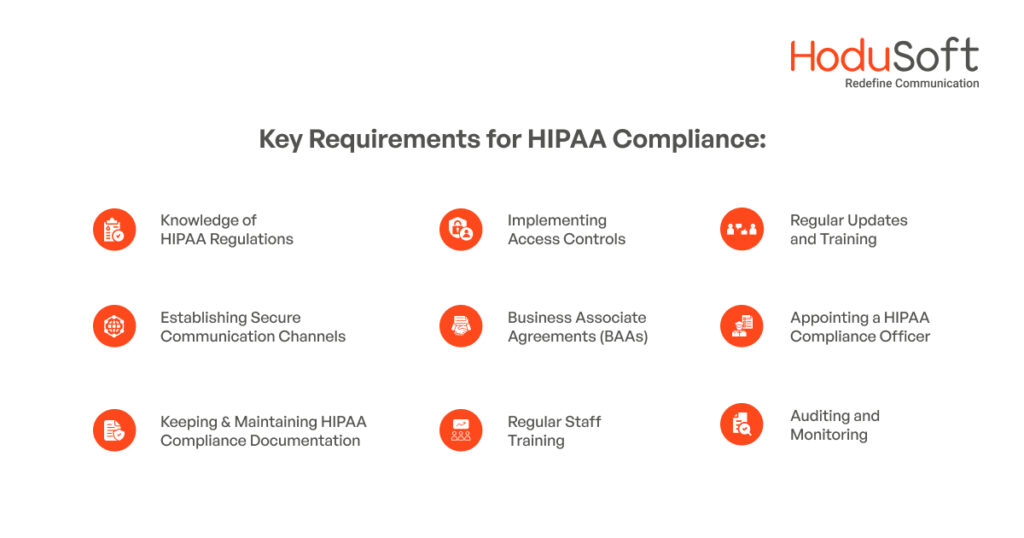
Knowledge of HIPAA Regulations
Contact centers must keep themselves updated with all the HIPAA regulations that describe standards for safeguarding sensitive information related to the patients, also known as PHI. It is important to note that the PHI includes both electronic and physical records.
Regular Staff Training
Contact center or call center agents must be provided with regular HIPAA training to help them understand the regulations in detail and their responsibilities toward keeping patient’s information safe. The training sessions must cover all the relevant topics like data security, privacy, and the right ways to handle PHI.
Establishing Secure Communication Channels
It is important for healthcare contact centers to implement secure communication channels for transmitting PHI. Some of these channels may include secure messaging platforms, encrypted email systems, protected file transfer protocols, and more to ensure the utmost protection of PHI during transmission.
Implementing Access Controls
To protect PHI, contact centers must ensure access controls to restrict authorization to sensitive information. With measures like 2-factor authorization, single sign-on, and other authentication tools and access permissions, healthcare contact centers can ensure that only authorized users or individuals with a legitimate need can access PHI.
Auditing and Monitoring
To ensure compliance with HIPAA regulations, contact centers should execute regular auditing and monitoring of systems and processes. This may include regular monitoring of agents’ activities, checking access logs, carrying out regular security assessments, and quickly addressing any issues related to security incidents or breaches.
Business Associate Agreements (BAAs)
If a contact center deals with third-party vendors or business associates who can access PHI, they must have signed business associate agreements (BAAs) in place. This agreement contains the details of each party’s responsibilities and accountabilities associated with the protection and management of PHI.
Keeping and Maintaining HIPAA Compliance Documentation
Contact centers should maintain detailed documentation of their HIPAA compliance acts like standardized policies and procedures, training records, risk assessments, and details of any security instances or breaches that occurred within the organization.
Appointing a HIPAA Compliance Officer
Contact centers can appoint a HIPAA compliance officer who can manage and supervise compliance efforts, address any compliance-related issues, and act as a point of contact for HIPAA-related inquiries or audits.
Regular Updates and Training
To keep pace with the evolving HIPAA regulations and best practices, contact centers must stay updated on any changes. This helps ensure that contact center agents get regular training to stay informed of their responsibilities under HIPAA.
By implementing all the above-mentioned measures, contact centers can ensure HIPAA compliance and maintain patient privacy, integrity, and security. If contact centers fail to comply with HIPAA regulations, they can incur significant penalties and suffer reputational damage.
How Healthcare Contact Centers Ensure Compliance with HIPAA Using Contact Center Software?
To ensure compliance with HIPAA regulations, Healthcare contact centers employ various strategies and features within contact center software. Some of these include-
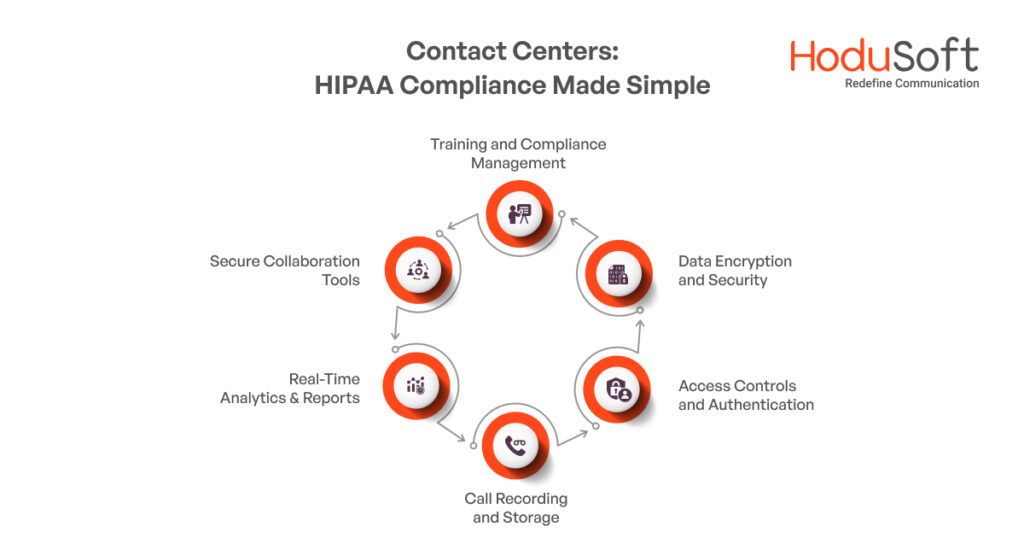
Data Encryption and Security
Several contact center software providers allow healthcare providers to secure data on their own server which empowers them to handle all sensitive information in the best secure manner.
Besides, encryption protocols are often used in contact centers to ensure that sensitive data, such as patient records, is transmitted securely. This further ensures that ePHI remains protected as per the HIPAA Act during communication between agents and patients.
Access Controls and Authentication
Within contact center software, robust access controls and authentication help prevent unauthorized individuals from accessing ePHI. Authentication methods such as 2FA (2 Factor Authentication) and SSO (Single Sign-on), help verify users before allowing them access to sensitive data.
Call Recording and Storage
Contact center software empowers healthcare organizations to establish policies for recording and storing calls in compliance with HIPAA regulations. It includes making policies to obtain consent from patients before recording any calls that may contain their personal health information (PHI).
Once consent is obtained, recorded calls can be stored securely to maintain the patient’s privacy. Additionally, while collecting any sensitive information, contact center agents can pause the recording to maintain privacy and compliance in the contact center.
Real-Time Analytics & Reports
Advanced contact center software offers real-time analytics and reporting capabilities to monitor user activities and interactions with PHI. With functionalities such as live call monitoring and advanced reporting, healthcare contact centers can monitor and review the user’s activities and audit trails to ensure compliance with HIPAA regulations and identify any unauthorized access or breaches.
Secure Collaboration Tools
Many contact center software systems include secure messaging and collaboration features, allowing contact center agents to communicate and collaborate internally while maintaining the security of PHI. Tools like secured file sharing, encrypted messaging, and real-time collaboration, facilitate more secure and efficient communication within the team.
Training and Compliance Management
To educate agents on HIPAA regulations and ensure adherence to organizational policies, contact center software often provides training modules and compliance management tools. A continuous process of training programs, educational guides, and certifications supports compliance practices and reduces human error risk.
By leveraging the capabilities of contact center software, customized to meet the key requirements of the healthcare sector, contact centers can ensure compliance with HIPAA regulations while offering high-quality and secure communication services to patients and healthcare professionals.
Conclusion:
In the healthcare sector, maintaining a safe and secure patient experience is crucial. It is not only essential for contact centers to uphold HIPAA compliance for protecting sensitive patient information but also for maintaining ethical standards and legal requirements in the healthcare industry.
With a thorough understanding of HIPAA regulations and utilization of secure technologies and protocols, contact centers can perform confidently and deliver exceptional service while ensuring the safety and privacy of patient’s information.
With a partner like HoduSoft that offers advanced omnichannel contact center software, healthcare contact centers can support HIPAA compliance and maintain their integrity and professionalism in today’s digitally driven world.

